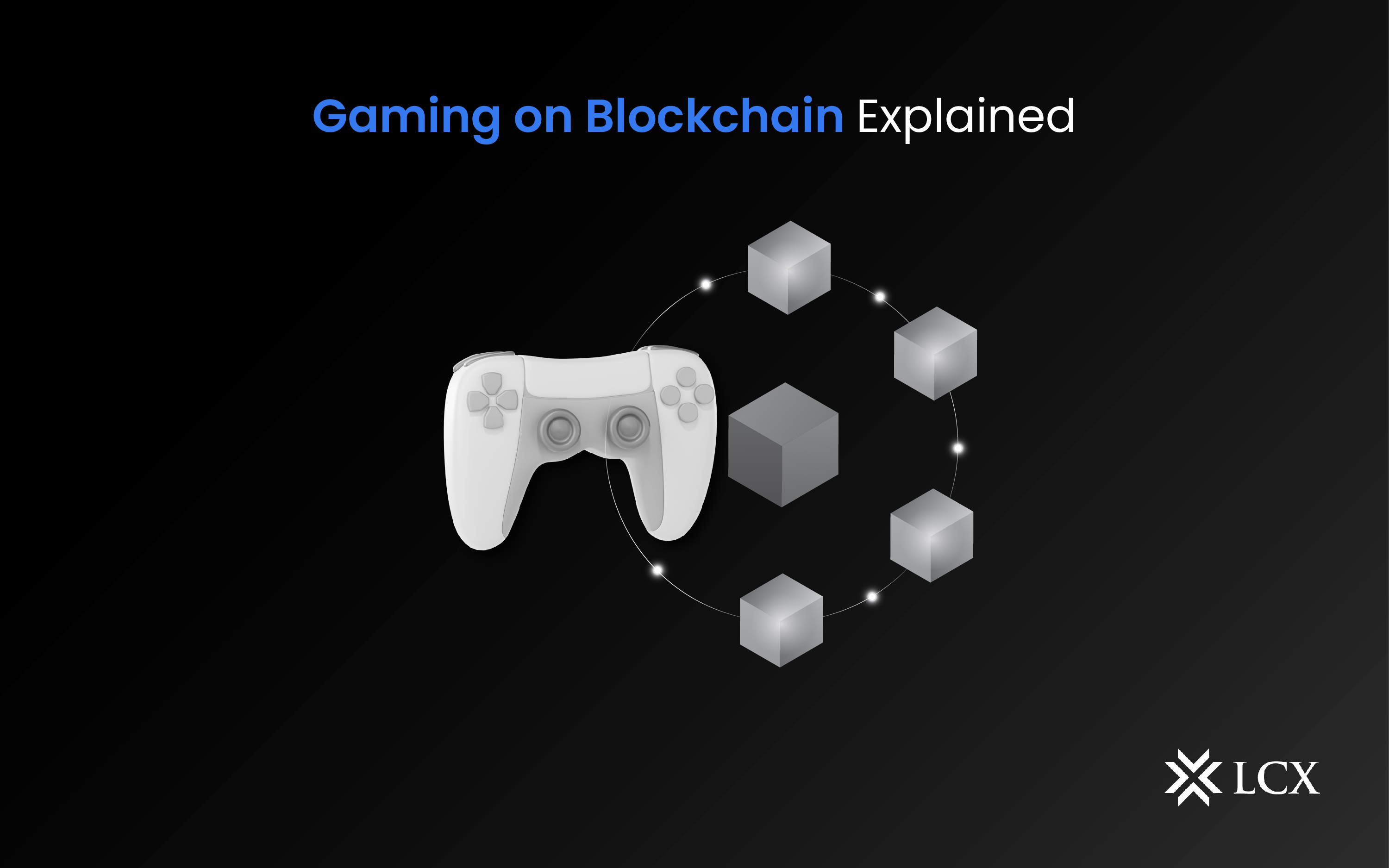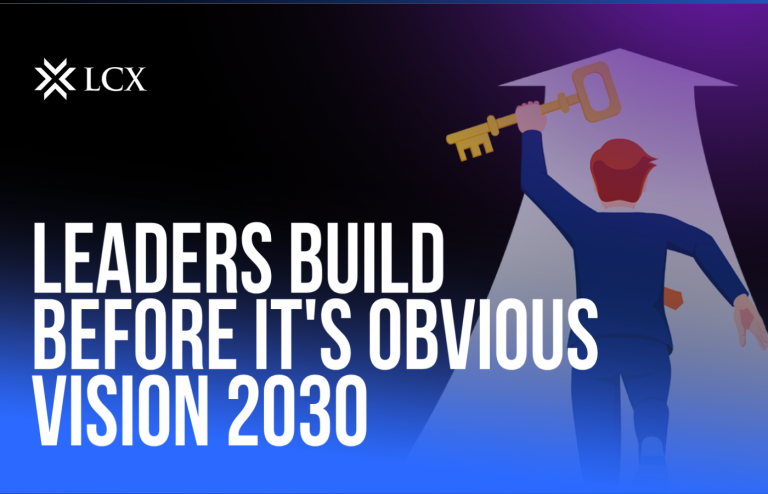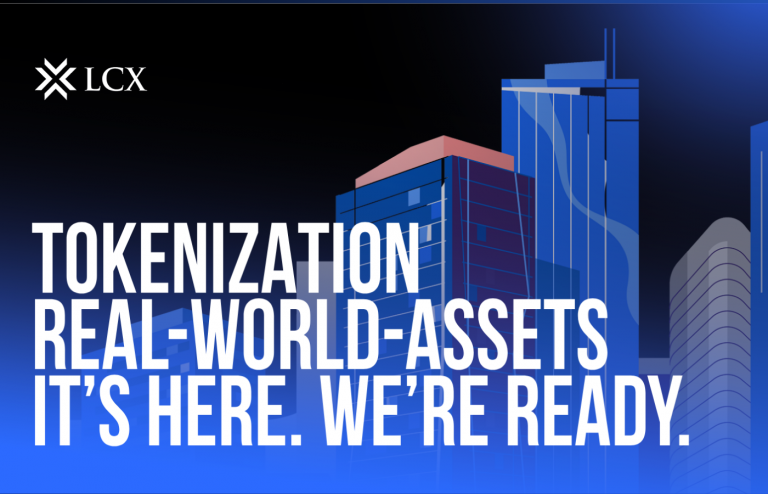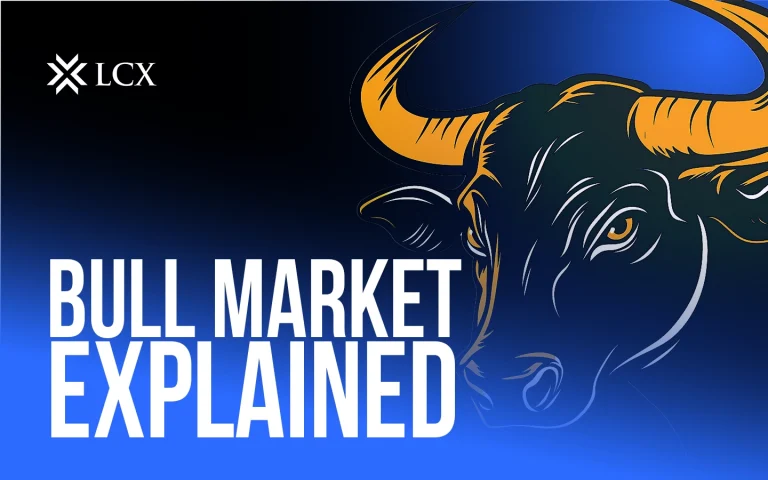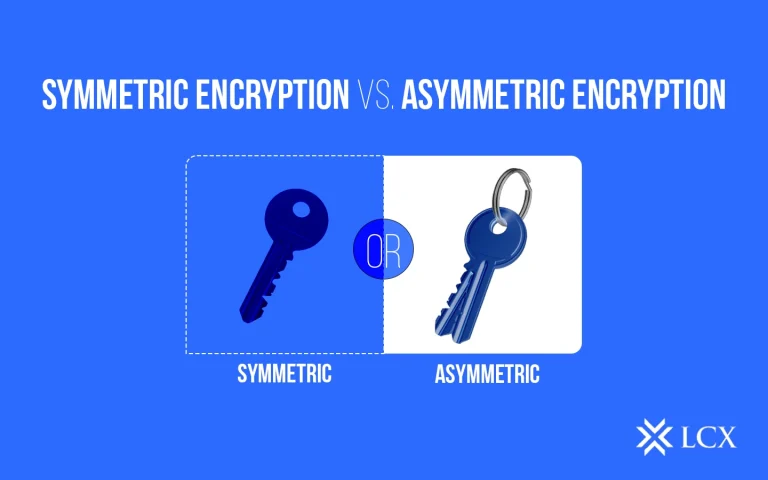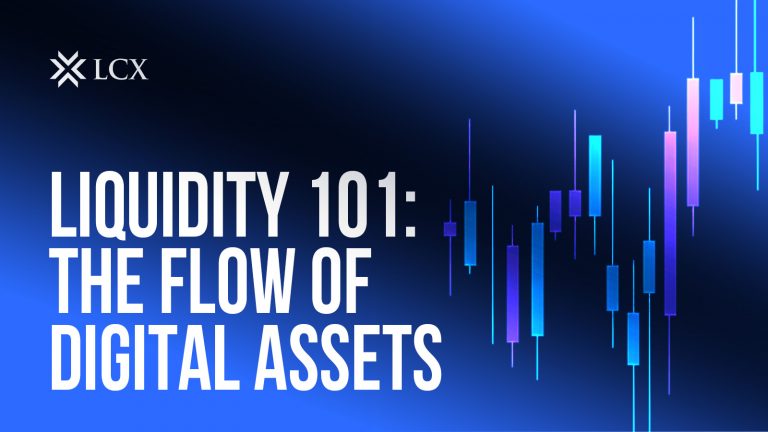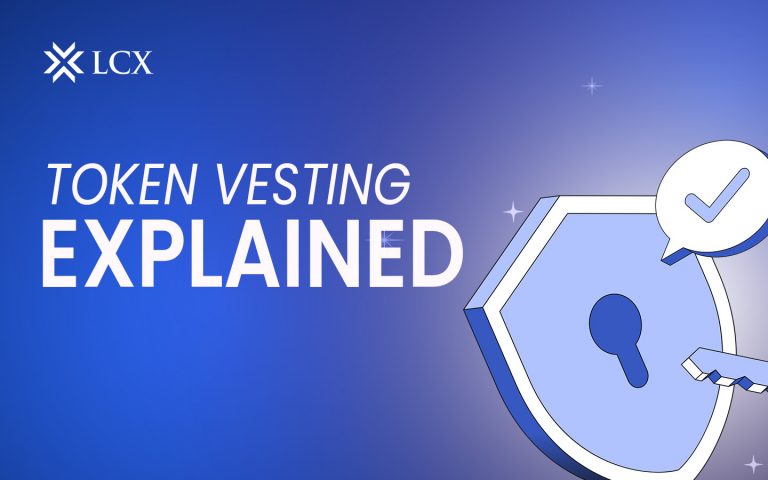Blockchain technology is changing the way we think about gaming. The ability to create secure, decentralized platforms has opened up new possibilities for gamers and developers alike. Blockchain games refer to video games that utilize blockchain technology as their underlying technology in addition to cryptocurrency and non-fungible assets. In the past year, blockchain gaming has gained traction, allowing players to own their gaming assets (game objects or tokens) and trade them with other players outside the game. This is one of technology’s fastest-growing applications.
According to a report by marketsandmarkets, the global Blockchain Gaming Market was valued at USD 4.6 billion in 2022 and is predicted to reach USD 65.7 billion by 2027, expanding at a CAGR of 70.3%. The increase in blockchain-based gaming industry investments. Also, according to the article ‘DappRadar x BGA Games Report – Q1 2022’ linked above, blockchain games were able to attract over 1.22 million unique active wallets (UAW) in March 2022, representing 52 percent of all blockchain ecosystem activity.
The Benefits of Gaming on the Blockchain
According to blockchain industry experts, a sea change is imminent, and blockchain technology will have a significant impact on the gaming industry. Blockchain may completely restructure the industry, invert the dominant console market, create a multiverse, and make games more immersive and limitless than ever before. The main advantages of using blockchain in gaming are:
- Decentralization: Blockchain technology enables games to be decentralized, meaning that the game is not controlled by a single entity, but by the players themselves. This allows for a more democratic and fair gaming experience.
- Security: Blockchain technology is secure, making it difficult to cheat or hack the game. This means that players can trust the game’s outcome, and game developers can protect their intellectual property.
- Ownership: Blockchain technology enables players to own their in-game assets, meaning that they can buy, sell, or trade them on a peer-to-peer basis without the need for intermediaries.
- Transparency: Blockchain technology enables transparent gameplay, meaning that players can see every transaction that occurs in the game, making it more trustworthy and fair.
How Blockchain Technology Is Utilized in Gaming Industry
Blockchain technology is used in the gaming industry in several ways, including:
- Non-Fungible Tokens (NFTs): NFTs are unique digital assets that are stored on a blockchain. In gaming, NFTs can represent in-game assets like skins, weapons, or virtual real estate. Because NFTs are unique, they cannot be replicated or duplicated, making them valuable and desirable.
- Smart Contracts: Smart contracts are self-executing contracts that are stored on a blockchain. In gaming, smart contracts can automate in-game transactions like buying and selling items, rewards, or achievements.
- Crypto Payments: Blockchain technology enables crypto payments, meaning that players can pay for in-game purchases using cryptocurrencies like Bitcoin or Ethereum. This eliminates the need for traditional payment methods like credit cards or PayPal.
- Decentralized Gaming Platforms: Blockchain enables the creation of decentralized gaming platforms where players can interact with each other directly without the need for intermediaries. This creates a more democratic and fair gaming experience.
Future of Blockchain Technology in Gaming Industry
Blockchain’s future in the gaming sector is promising. As more firms adopt blockchain technology, users can anticipate an increase in the number of games and platforms that employ blockchain in the future. Web3 gaming is on track to be the ultimate future that will reshape the gaming ecosystem by providing users with ownership of gaming assets and decision-making ability, which will be further delegated away from a central authority.
According to a recent analysis by Dappradar, 748 million dollars were invested in the development of new Web3 crypto games in August 2022 alone. Consequently, we can easily foresee how Web3 will shape the future of gaming. The underlying blockchain technology, governed by gaming cryptocurrencies for secured payment rails and digital asset ownership, will take the gaming sector to an entirely new level.
In Conclusion
Blockchain technology is changing the way we think about gaming. With its ability to provide security and create unique experiences, it offers a new world of possibilities for both gamers and developers. While there are certainly challenges that must be overcome, the future of gaming on the blockchain looks very promising. As more and more people discover the benefits of blockchain gaming, we can expect to see even more innovation and growth in this exciting new field.
